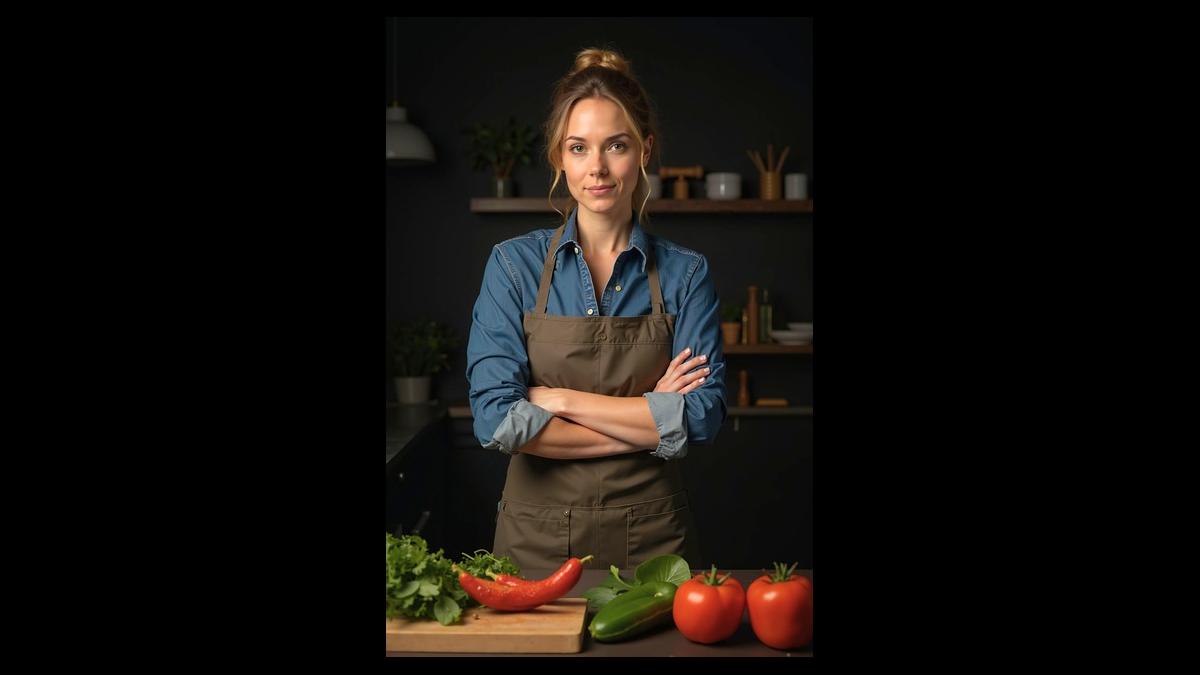
“Okay! Don’t cry! I’ll get chowmein for you,” said Meenu to her hungry five-year-old, handing her a hot plate of steaming noodles.
“You’re spoiling her,” said her friend Tara.
“How can a domestic help spoil her hungry child? I can’t cook instantly, so I bought it. Kaki sells it for just ten rupees. Everyone here buys from her. Don’t you enjoy the momos she makes? Don’t start with excuses now.”
“My madam also orders food for her kids. The only difference is that they buy expensive food; I buy cheaper food. We find faults in others, never in ourselves.” Meenu made a face and walked off.
The basti, next to a posh colony, was a cluster of cramped four-story buildings with poor ventilation, shared taps, and common washrooms. Most women worked as housemaids; the men labored in factories or nearby warehouses. Meenu had moved from Jharkhand a year ago with her husband and three children. Life back home meant mine work and struggle. Here, she earned more. If she couldn’t cook, she could still feed her children decently by purchasing food.
But life had other plans.
Her teenage daughter Meenakshi began developing painful blisters and constant itching. Everyone thought it was chickenpox. Weeks passed. Home remedies didn’t work. A local doctor referred them to a specialist in skin care. The diagnosis hit hard—pemphigus vulgaris, a rare autoimmune disease. Steroids caused her body to bloat. Patchy skin made her avoid going to school.
Months passed. The condition remained the same. Meenakshi discovered online that autoimmune diseases could only be managed, not cured, and her doctor confirmed it. The family was devastated thinking of lifelong steroids and itchy, patchy skin.
One day, Meenu shared her worries with a kind-hearted employer who followed a plant-based diet. She suggested some changes:
- Stop processed and packaged food.
- Avoid refined flour, oil, and sugar.
- Add millets and whole plant foods.
- Eat clean and cook at home.
It sounded strange. Still, Meenu passed it on. No one believed it could help. But nothing else was working. One day, a video on plant-based food popped up on Meenakshi’s phone. It showed how dairy uses hormones and how refined foods lose nutrition. Something clicked Meenakshi that day..
She started making slow changes. But she was a young girl; she gave in at parties, but every time she indulged, her body reacted. Slowly, she distanced herself and began making her versions of “yum” food—sauces, cheese, butter, even noodles and pasta from whole grains at home. Her friends teased her, but she stayed strong. Her mother complained, but even she noticed—food was now fresh, clean, and tasty. The family began enjoying what was once dismissed.
Weeks turned into months. Her skin cleared. The itching stopped. Her energy returned. Finally, one day, Meenakshi smiled at the mirror—stronger and unrecognisable from who she once was.
Today, the girl from the basti stands on a TEDx stage, telling her story as a vegan chef, teaching others how to discern what heals and what harms.
